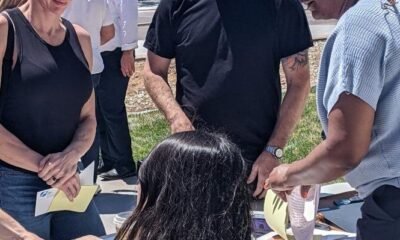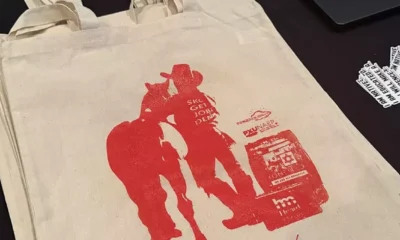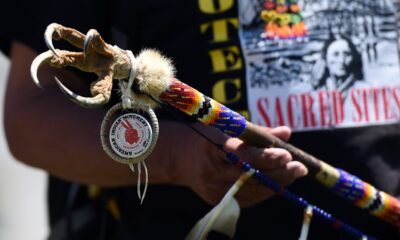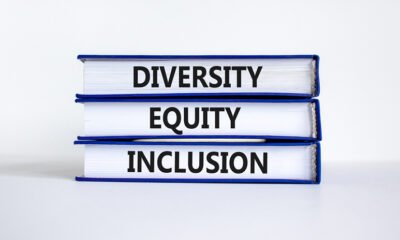arizona
UA Quietly Removes Diversity Language from Indigenous Land Statement in DEI Rollback
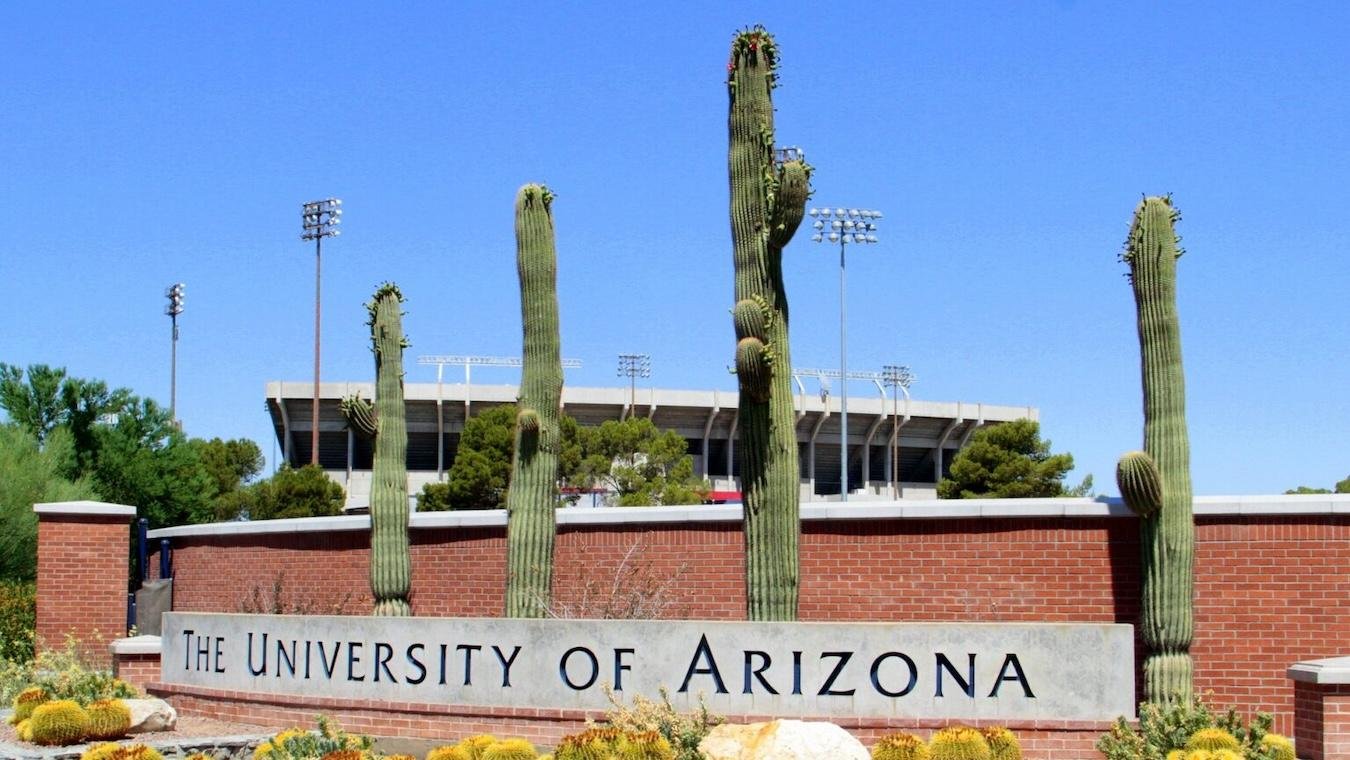
Recent guidelines meant to dismantle diversity, equity, and inclusion (DEI) initiatives at educational institutions have raised significant concerns for Indigenous students and other students of color across the country. At the University of Arizona, changes to the official land acknowledgment statement have particularly sparked alarm among Indigenous students.
During the 4th Annual Tribal Leaders Summit & Student Engagement event, Jacquelyn Francisco, a second-year law student, highlighted a crucial alteration in the university’s land acknowledgment. The university had modified the language without consulting tribal leaders or students, which prompted Francisco to voice her concerns directly to tribal leaders and university officials. She criticized the unilateral decision to remove the phrase “committed to diversity and inclusion,” citing it as an erasure of Indigenous identities and concerns.
Francisco’s attempt to speak was met with resistance; she was initially denied access to the podium by university officials, including Tessa Dysart and Kari McCormick. Undeterred, she addressed the audience, questioning the commitment expressed by University President Suresh Garimella in light of the changes made. “If he and the university were really committed, they would not delete these words,” Francisco stated, emphasizing the impact of such modifications on Indigenous students.
Francisco, who identifies as Diné and Jicarilla Apache, is also the president of the Native and Indigenous Law Students Association (NILSA). The organization focuses on raising awareness of Indigenous issues within the law school community and beyond. She argued that the deletion of key terms undermines tribal sovereignty, warning that it signals a broader shift erasing Indigenous identities from institutional narratives.
The controversy arises amid ongoing reassessments of DEI initiatives at the university, initiated in response to policies implemented by the Trump administration. Following a memo from the U.S. Department of Education that threatened funding cuts for non-compliance with executive orders terminating DEI programs, the university is evaluating its diversity policies.
University spokesperson Mitch Zak confirmed the language change was made recently, stating that it aimed to comply with federal directives. However, he assured that this would not alter the university’s educational approach toward Native and Indigenous students. “Aligning our land acknowledgment with federal guidance does not change the university’s unwavering commitment to its land grant mission,” Zak explained, emphasizing ongoing support for Indigenous communities.
The university’s initial land acknowledgment, established in 2021, was designed through consultation with tribal leaders and aimed to foster meaningful relationships with Indigenous communities. The removal of the phrase “committed to diversity and inclusion” helps the university align with federal guidelines but raises concerns regarding transparency and consultation with Indigenous stakeholders.
In response to the situation, Winona Little Owl-Ignacio, a fellow law student, illustrated the importance of solidarity among Indigenous students. She intervened to support Francisco during the event, recognizing the potential misrepresentation of Indigenous voices. Little Owl-Ignacio articulated that the university’s approach must include the voices of Indigenous students, especially amid the evolving political landscape regarding DEI practices.
The actions of the University of Arizona reflect larger shifts nationally, as institutions grapple with the implications of federal mandates on diversity. As discussions continue, both Francisco and Little Owl-Ignacio emphasize the critical need to restore and honor the original land acknowledgment that reflects the true engagement of Indigenous communities. They advocate for renewed efforts that genuinely support Native students through meaningful dialogue and community partnership.
